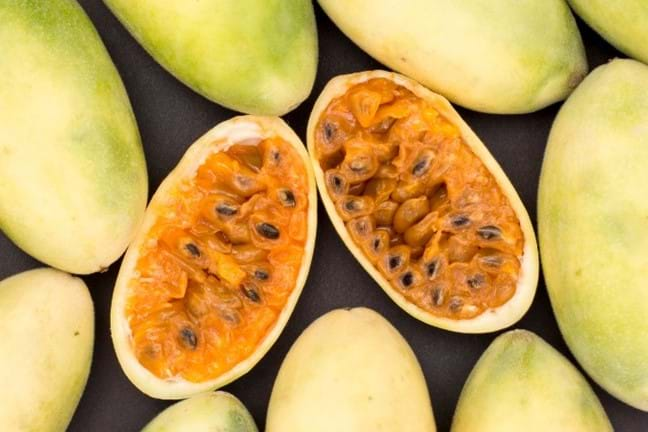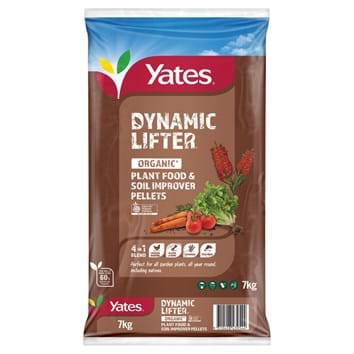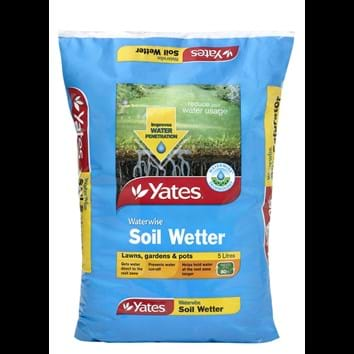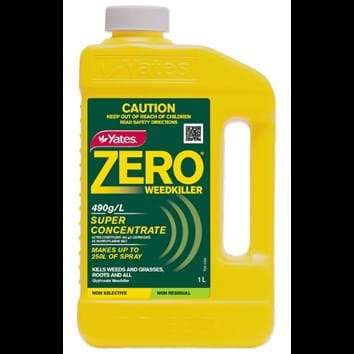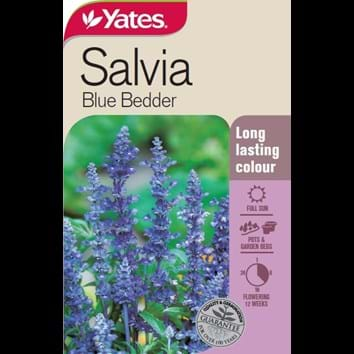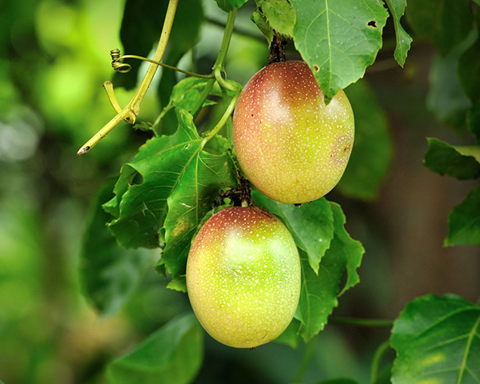
Passiflora edulis
How to Grow a Passionfruit Vine
With delicious fruits, lush green and tropical leaves, and spectacular flowers, it's no wonder Passionfruits are so loved in Aussie gardens. Passionfruits grow on vigorous vines and need plenty of room to climb and spread – at least 2 x 2 m. They’re great for growing along fences, up trellis', or over a pergola giving great summer shade. Enjoy the pulp in fruit salad, cold drinks, drizzled on top of ice cream or pavlova. With the right care, you'll soon be enjoying bucketloads of them.
Full Sun
Keep Moist
Fertile & Well-Drained
Pick When Skin is Deep Coloured & Plump




